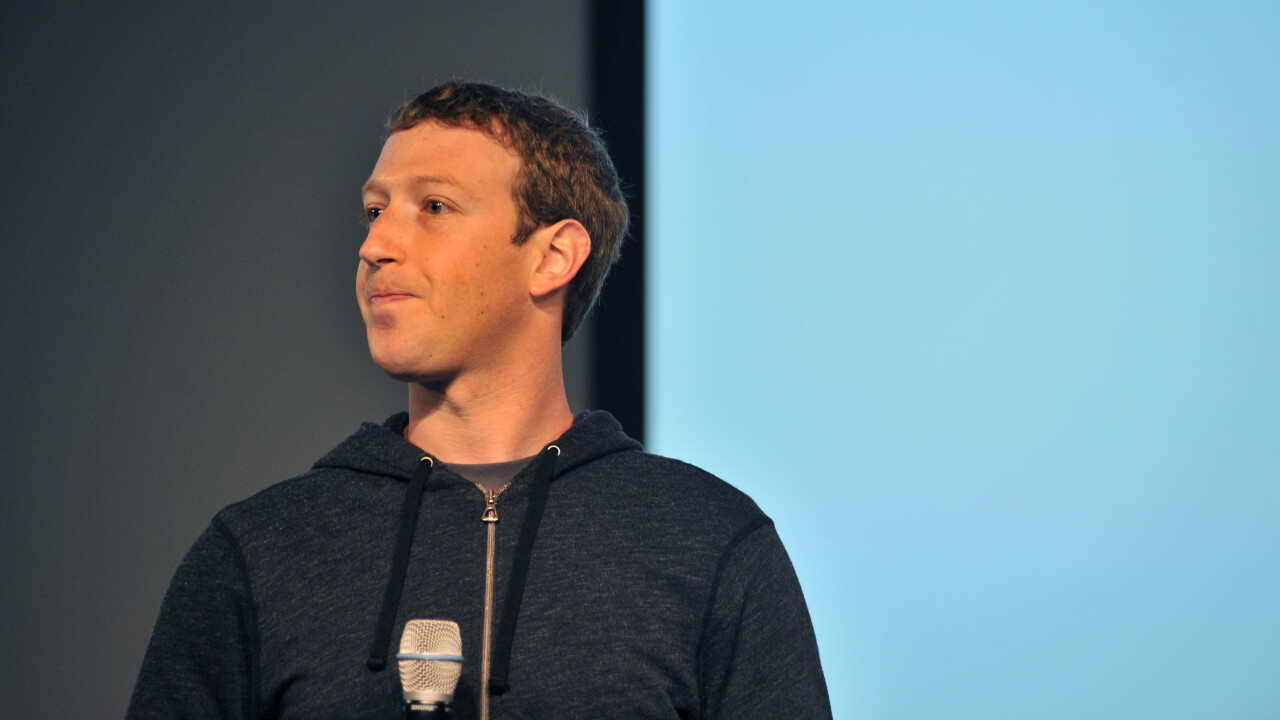
Facebook on Thursday announced Home, a launcher for Android devices that focuses on people and content rather than apps and tasks. Despite what countless rumors have pointed to, Facebook has not built its own phone and has not forked Android to create its own operating system.
“We’re not building a phone; and we’re not building an operating system, but we are building something that’s a whole lot deeper than an app,” Facebook co-founder and CEO Mark Zuckerberg said at the event. “You don’t need to fork Android to do this. You don’t need to modify the operating system really.”
This makes a lot of sense. Facebook is going down this path because it wants to be on existing phones as well as new phones. If Facebook were to simply fork Android, it would have to either build its own phones or convince manufacturers that their operating system was superior to Android. This way, it doesn’t have to do any of that.
Facebook of course still has to partner with both carriers and manufacturers, but the majority have already embraced Android. Their customers already love and use Facebook, so it’s really a no-brainer for many.
A launcher means Facebook can get Android users to install, and Android partners to preload Home as an additional option. It’s a genius move that ensures Facebook’s presence on the world’s most popular operating system becomes even more important.
Google will naturally not like this move, but it would hate a fork of Android even more. Throughout the announcement, Zuckerberg and other Facebook executives praised the openness of Android. There is, however, one group at Google that still won’t like this: the Google+ team.
See also – The ‘Facebook phone’ is here: HTC and AT&T reveal the $99 HTC First, coming April 12th and Facebook Home will be on Google’s Play Store for select phones April 12, tablets later
Top Image credit: AFP/Getty Images
Get the TNW newsletter
Get the most important tech news in your inbox each week.





